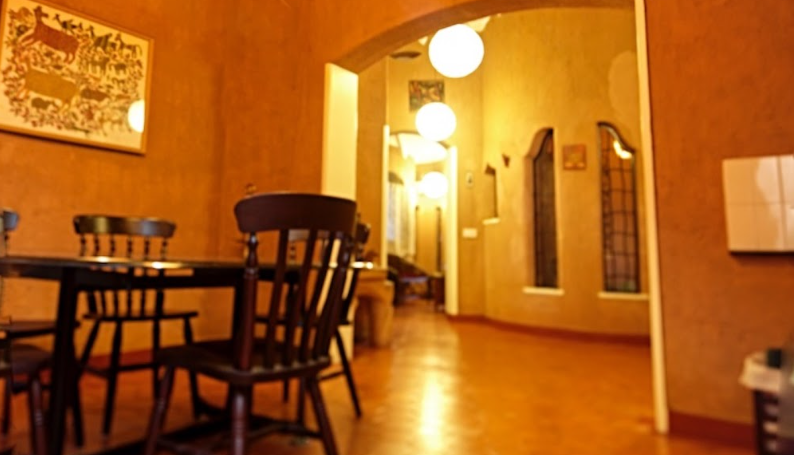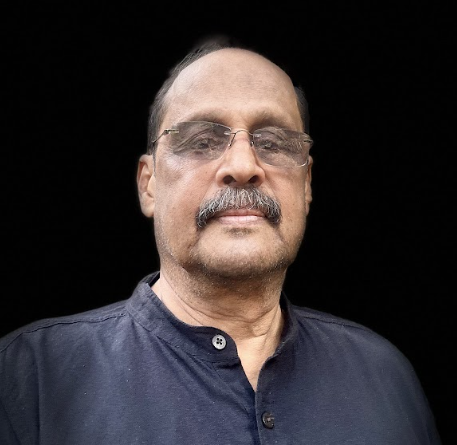BODHI: A House Rooted in Earth, Grown with Vision
Renowned architect, urban designer, and heritage conservator, Dr. Eugene Pandala, has long been an advocate of building in harmony with nature. His philosophy of “biodiversity-inclusive environmental sustainability” is not just an idea—it is a way of life, deeply woven into every structure he creates. At the heart of his design philosophy is a commitment to using vernacular methods, local materials, and eco-sensitive techniques, making his architecture not only sustainable but soulful.
Inspired by Masters, Grounded in Soil
Dr. Pandala’s architectural journey was profoundly shaped by two visionary figures: Laurie Baker, known for his low-cost, sustainable architecture, and Hassan Fathy, a pioneer in earth architecture. During his student days at the School of Planning and Architecture, New Delhi, Pandala’s exposure to their philosophies ignited a lifelong passion for exploring indigenous construction techniques and contextual design across India. His work today reflects this deep learning—marked by minimalism, organic forms, and structures that blend into their natural settings.
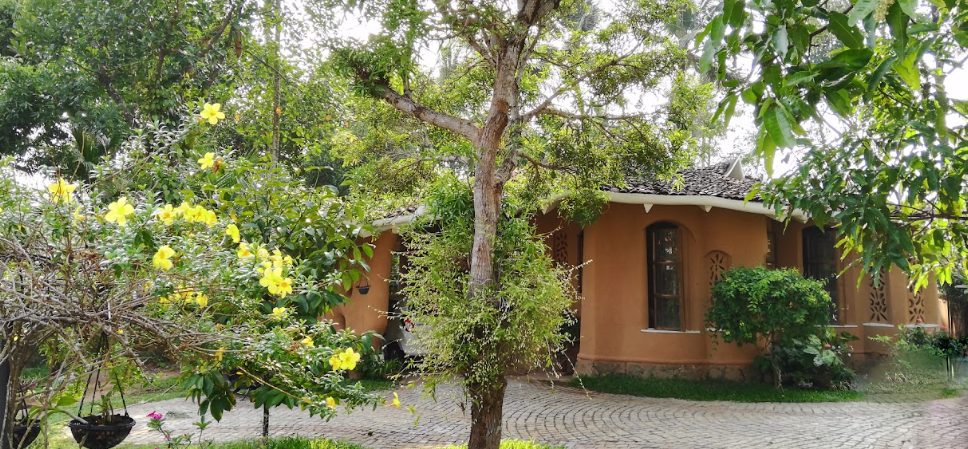
Introducing BODHI: A Living Testament to Earth Architecture
One of his most evocative creations is BODHI, a residence crafted almost entirely from mud—a bold expression of environmental ethics guiding architectural form. Nestled within a coconut grove, the house appears to rise from the earth like a mushroom, its fluid design merging seamlessly with the natural landscape. With no reliance on air conditioning or artificial lighting during the day, BODHI is a compelling example of climate-responsive design.
The home was built using four truckloads of mud, repurposed from an irrigation canal excavation. It embraces a courtyard plan, winding gently around open space to create four bedrooms, a kitchen, dining area, and a living room, all swathed in earthy tones and vegetative greens. The resulting ambiance is warm, inviting, and undeniably rooted in place.
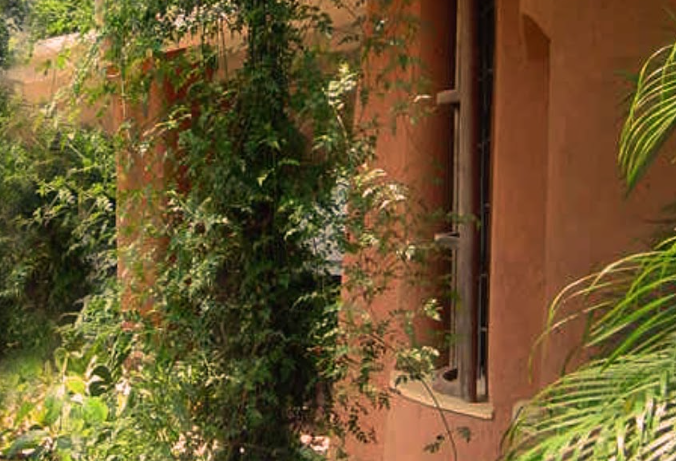
Rethinking Roofing: The Rib-and-Skin Innovation
A standout element of the house is its rib-and-skin roof—an innovative structure composed of ferrocement rafters covered with a ferrocement skin, then layered with potter tiles and sealed with a protective bitumen layer. This technique ensures durability while maintaining the house’s organic aesthetic. The entire project spanned two years, a timeline that reflects the thoughtful detailing and commitment to craft.
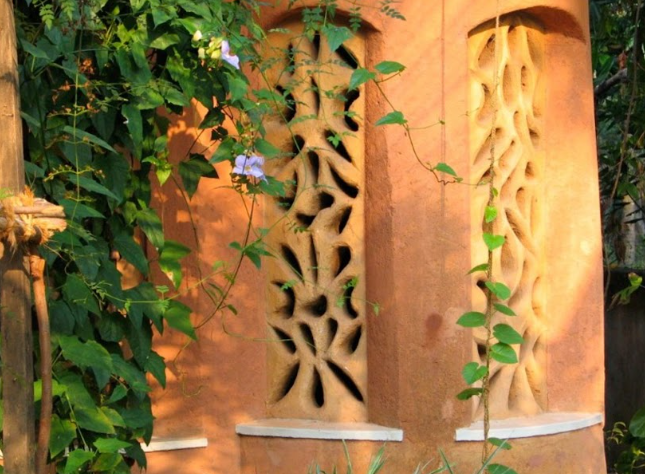
A Legacy in Earth and Architecture
Dr. Pandala’s work is a compelling reminder that architecture can be a force for conservation and cultural continuity. In 2011, he was awarded the first Laurie Baker Award by the Lalith Kala Academy—an honor that echoes his commitment to ethical and ecologically responsible architecture.
BODHI is more than a home. It is an idea—a statement that sustainable living is not just possible but beautiful. Through projects like this, Dr. Pandala continues to inspire architects, designers, and citizens to imagine built spaces that honour the Earth rather than alter it
